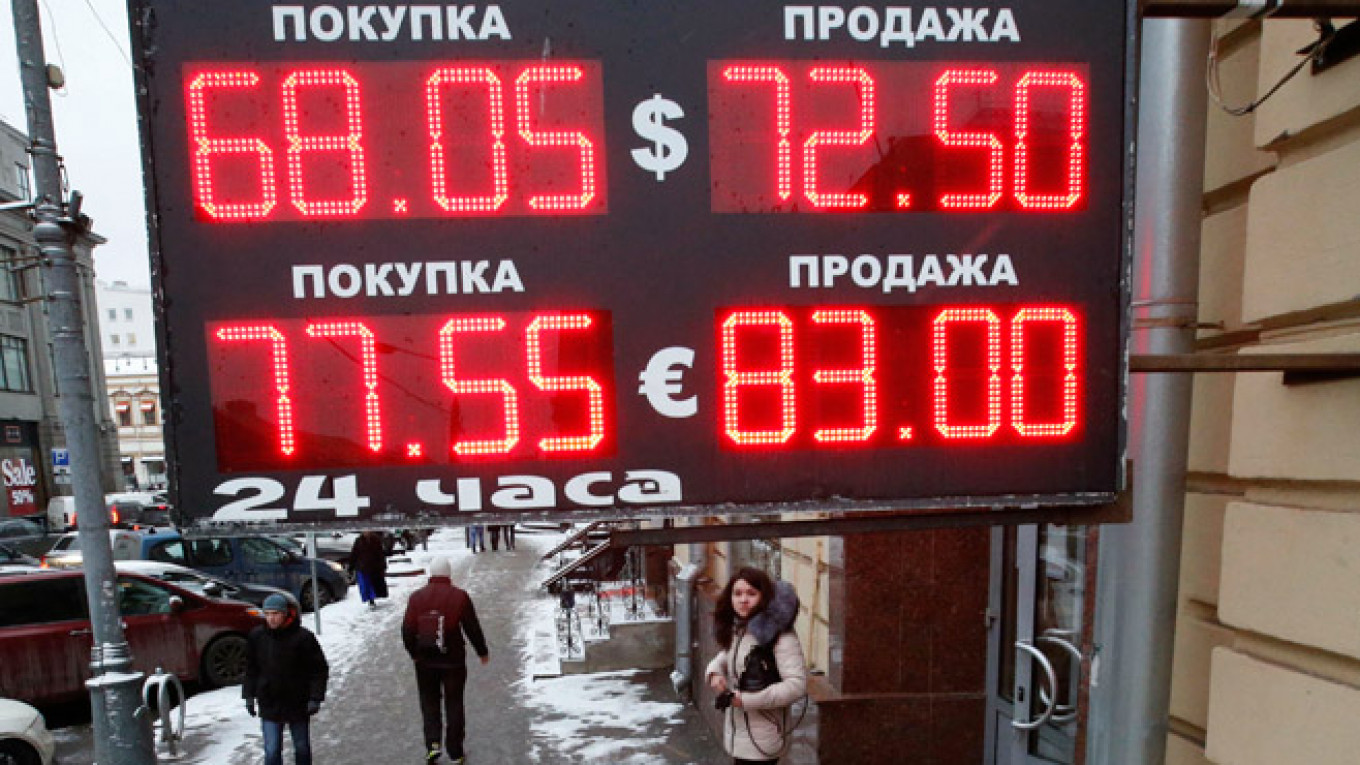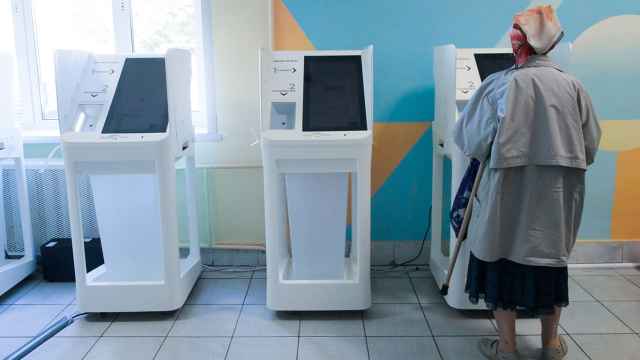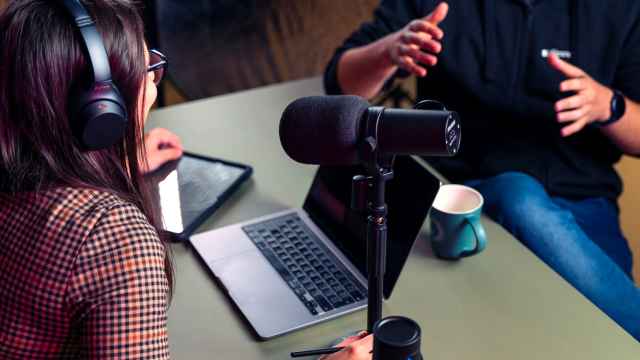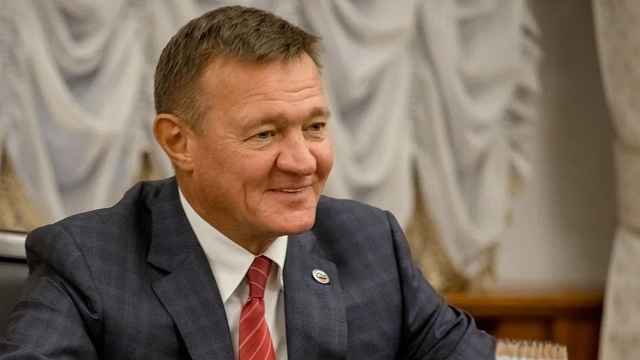What should I do with my savings?" is a question I have heard often in the last six months. It usually concerns a sum ranging from $10,000 to $100,000 that members of Moscow's middle class have saved up from their monthly salaries of 150,000 rubles or more. Early in the crisis the question was whether to convert those ruble savings into dollars, but now the situation has changed considerably.
Now they have three options: keep their money in dollars, hold it in euros or buy an apartment with it. For the latter, they generally have to first obtain a loan to make the purchase. In other words, most people have already converted their rubles into foreign currency and no longer worry so much about fluctuations in the exchange rate.
Answering the question of where and how to keep your money has become simultaneously easier and more difficult.
The easy answer is that the ruble will probably continue to lose value under the pressure of economic sanctions and declining oil prices, meaning that the old adage that you should "keep your money in the same currency you spend it in" will not help now.
It did not help in the 1990s, when banks fought a losing battle against inflation, and it will not help now when the middle class spends a sizable chunk of its income on imported goods tied to the exchange rate — everything from trips abroad to clothing, mobile phones, food and so on.
The difficulty in answering stems from the fact that, during an acute crisis like this one, the question of how to invest your savings is eclipsed by the potentially more urgent question of how to provide for your basic needs if you lose your job and cannot find another for two years or more — an increasingly likely prospect for many as the value of the ruble and the price of oil continue to fall.
By asking that question, everything falls into place. Converting a Muscovite's average annual salary into foreign currency provides enough to live on for two to three years — unless a large chunk of that sum is devoted to paying down debts or mortgages. If the price of the dollar and euro rise, only one-half of a year's salary might suffice.
The main thing is to keep the savings in foreign currency. If you do not already own an apartment, consider sizing down and renting one at one-half or one-third of the price you are currently paying, or else buy an inexpensive apartment as "insurance."
Keep in mind that apartment prices will not increase as quickly as the exchange rate. At best, they will increase slightly, but might just as easily fall in value.
The price of rent will follow the same pattern. In other words, purchasing property will not fully protect your savings, but it will insure you against total loss.
Keep your foreign currency, or at least part of the sum, somewhere other than a bank. After all, who can guarantee that if the ruble plummets further the government will not order all foreign currency deposits converted into rubles or freeze them altogether?
All told, it is better to keep your money in foreign currency — probably dollars rather than euros considering uncertainties in the euro zone — and prepare for what many economists predict could be a return to the conditions of the 1990s.
Andrei Panov is a freelance columnist. This article originally appeared in Vedomosti.
A Message from The Moscow Times:
Dear readers,
We are facing unprecedented challenges. Russia's Prosecutor General's Office has designated The Moscow Times as an "undesirable" organization, criminalizing our work and putting our staff at risk of prosecution. This follows our earlier unjust labeling as a "foreign agent."
These actions are direct attempts to silence independent journalism in Russia. The authorities claim our work "discredits the decisions of the Russian leadership." We see things differently: we strive to provide accurate, unbiased reporting on Russia.
We, the journalists of The Moscow Times, refuse to be silenced. But to continue our work, we need your help.
Your support, no matter how small, makes a world of difference. If you can, please support us monthly starting from just $2. It's quick to set up, and every contribution makes a significant impact.
By supporting The Moscow Times, you're defending open, independent journalism in the face of repression. Thank you for standing with us.
Remind me later.






